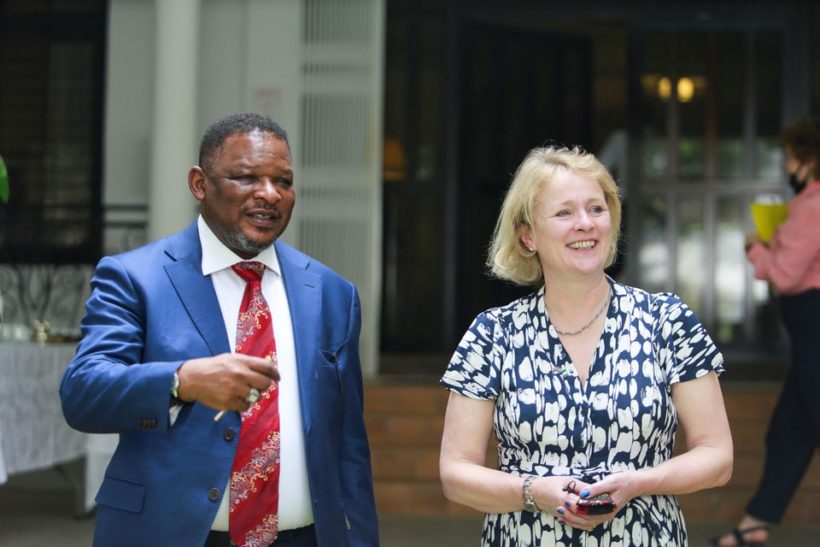
ABUJA, Feb 21 (Reuters) – Britain plans to boost investments in renewable and climate change projects in Nigeria and will provide 10 million pounds ($13.6 million) of support, Minister for Africa Vicky Ford said on her first trip to the country.
Power demand in Nigeria vastly outstrips supply, meaning its 200 million inhabitants must either go without, or rely on expensive, fume-belching generators.
Nigeria has capacity to produce an estimated 7,000 megawatts (MW) of power, but due to weak infrastructure, gas supply problems and water shortages only a little more than half of that reaches the national grid.
Ford said the financing invested alongside Nigerian credit guarantee firm InfraCredit will help mobilise domestic pension and insurance investments and reduce risk for projects targeting off-grid and low-carbon ventures.
Read more: Federal Reserve points to interest rate hike coming in March
“This transaction … brings together UK government support with the institutional capital which is essential to grow the sector at scale,” Ford said in a statement on Monday.
The Nigerian sovereign fund, co-investor in InfraCredit, aims to deliver up to 250-500 megawatts of renewable energy capacity in Nigeria, it said in the statement.
Nigeria has more than 12 trillion naira of institutional financing held in pensions, insurance and wealth funds, mostly invested in government securities or sometimes in Nigerian shares. However, around 0.5% of pension assets are invested in infrastructure funds in Nigeria, less than a 4% limit.
As the world looks to transition to clean energy, Ford said the British financing will expand opportunities for the private sector and provide affordable long-term financing from local investors to off-grid and low-carbon projects.
The British High Commission said in a paper that Britain has provided more than 80 million pounds for the renewable energy sector in Nigeria, including grants and lending.
($1 = 0.7350 pounds)
(Writing by Chijioke Ohuocha; Editing by Alexander Smith)

